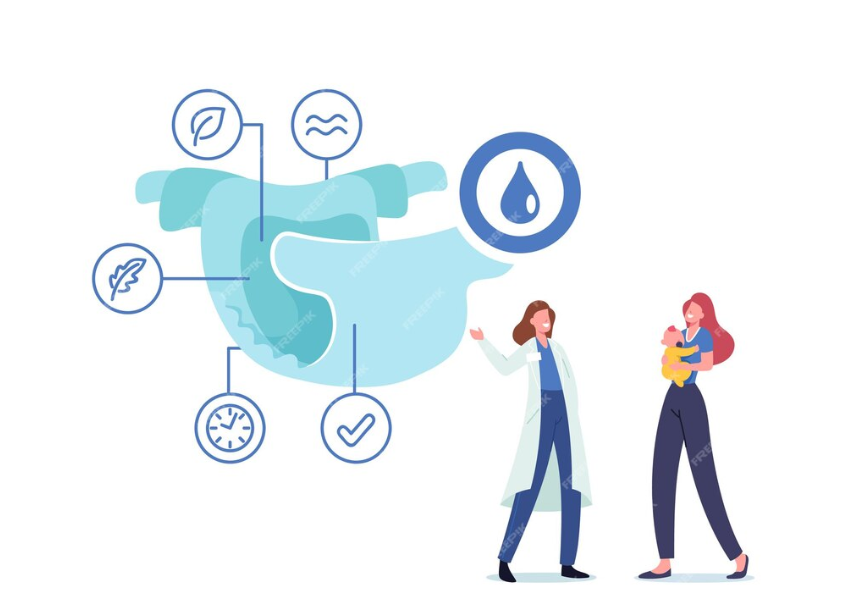
Understanding the Causes and Triggers of Irritable Bowel Syndrome (IBS)
Irritable Bowel Syndrome (IBS) is a complex condition with various factors contributing to its development and flare-ups. Let’s take a closer look at the causes and triggers of IBS in simple terms to help you understand this common gastrointestinal disorder.
1. Causes of IBS: While the exact cause of IBS is not fully understood, several factors may play a role in its development. These include:
- Abnormalities in the digestive system: Changes in the nerves, muscles, and signals in the digestive tract may affect how the gut functions, leading to symptoms of IBS.
- Gut-brain axis: The connection between the brain and the gut plays a significant role in IBS. Stress, anxiety, and other emotional factors can trigger symptoms or worsen existing ones.
- Inflammation: Low-grade inflammation in the intestines may contribute to the symptoms of IBS, although the exact relationship is still being studied.
2. Triggers of IBS: In addition to underlying causes, certain triggers can exacerbate symptoms and lead to IBS flare-ups. These triggers vary from person to person but may include:
- Diet: Certain foods and beverages, such as dairy products, caffeine, spicy foods, and artificial sweeteners, can trigger symptoms of IBS in some individuals.
- Stress: Emotional stress, anxiety, and tension can often worsen IBS symptoms or trigger flare-ups.
- Hormonal changes: Women may experience changes in IBS symptoms during their menstrual cycles or hormonal fluctuations, suggesting a hormonal component to the condition.
- Medications: Certain medications, such as antibiotics, antidepressants, and nonsteroidal anti-inflammatory drugs (NSAIDs), may exacerbate IBS symptoms in some people.
Understanding the causes and triggers of IBS is the first step in managing the condition effectively. By identifying and avoiding triggers and implementing lifestyle changes, individuals with IBS can better control their symptoms and improve their quality of life.
To seek medical advice, always consult a Doctor. Here are our recommended experts. Click Here
To read more on IBS. Click Here


